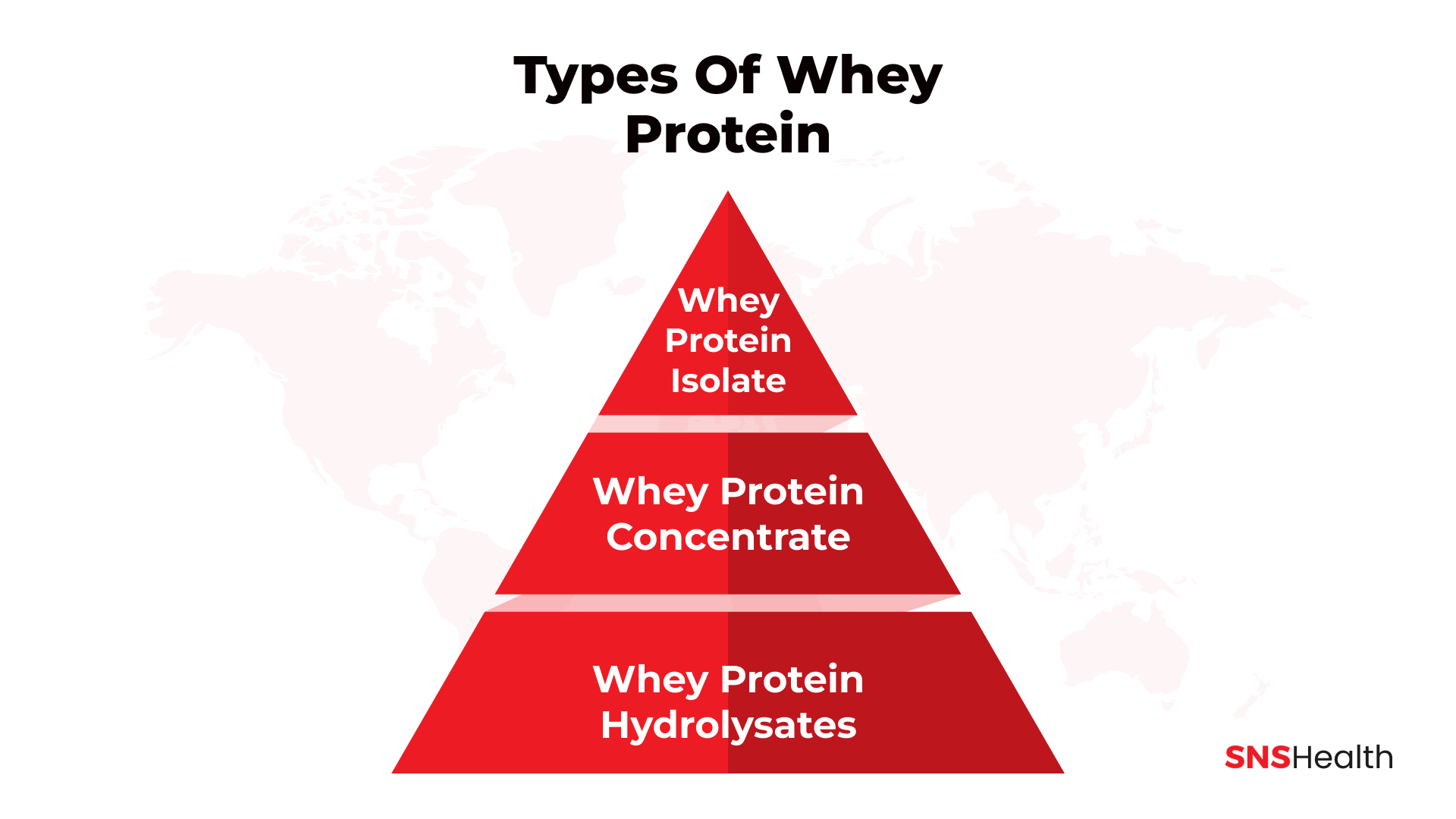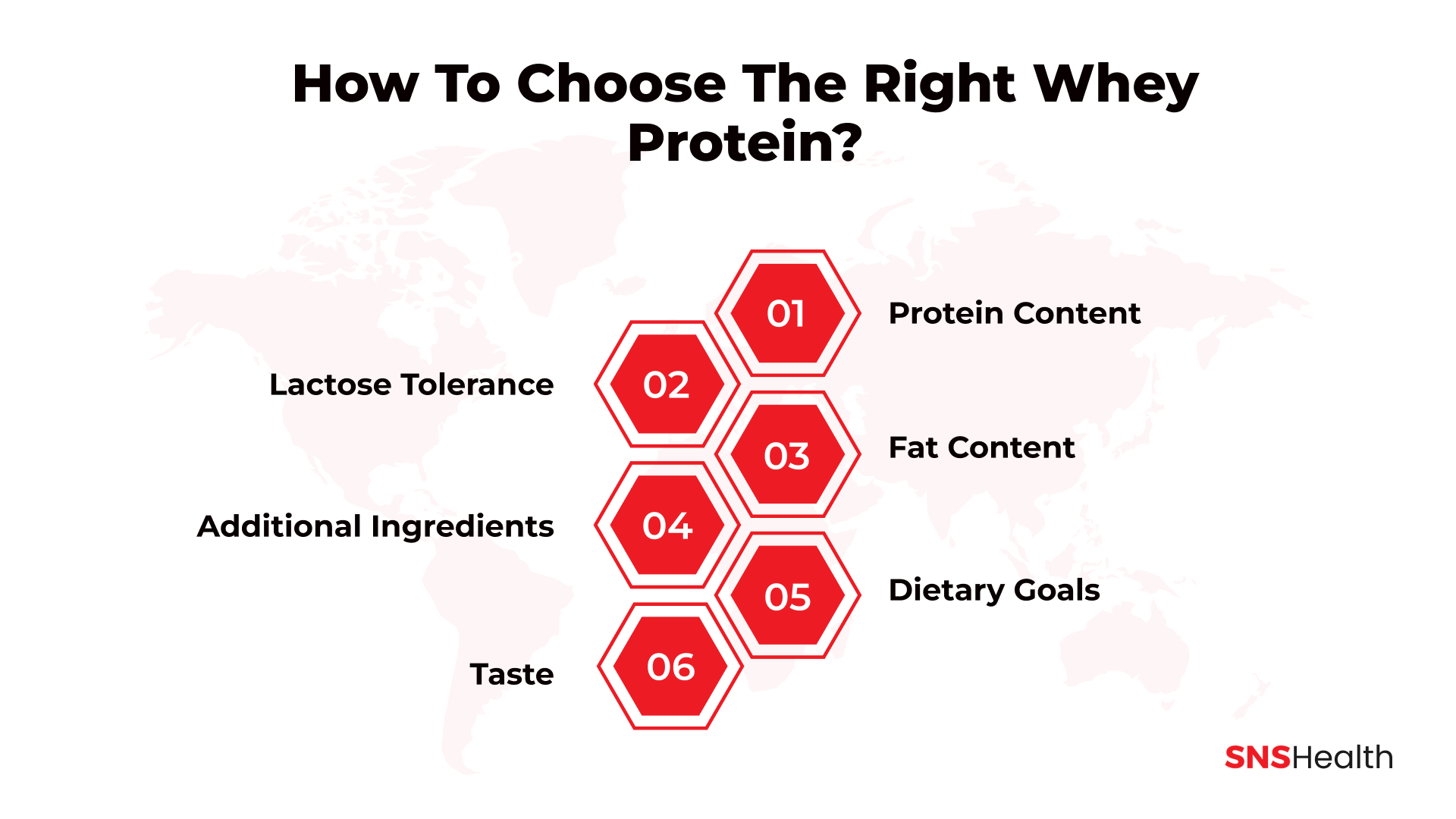Are you looking to supercharge your fitness journey? Whether you're a seasoned gym-goer or just dipping your toes into the world of wellness, one thing's for sure: protein is your best friend. And among the protein powerhouses, there's one star that stands out - whey protein. If you've ever wondered what makes those protein shakes a staple for fitness enthusiasts, or how to harness the incredible benefits of this miracle supplement, you've come to the right place. In this Ultimate Guide for Beginners, we're going to take you from "A to Z" on everything you need to know about whey protein, breaking it down into digestible, muscle-building, and taste-bud-tingling bits. Get ready to embark on a journey to a stronger, healthier you!
What is Whey Protein?
Whey protein, a treasure trove of nutrients, is derived from whey, the liquid residue left after milk coagulates during cheese production. Unlike the typical amino acids, we're familiar with, whey protein is a complex blend. Approximately 65% consists of beta-lactoglobulin, 25% alpha-lactalbumin, and 8% bovine serum albumin, with a smattering of immunoglobulins, lactose, and fat.
This nutritional powerhouse is predominantly available as a flavored powder, making it a versatile addition to shakes, meal replacements, and protein bars. It's not just protein; it's the fuel your body craves for optimal performance.
Types of Whey Protein

Whey protein comes in three primary forms: whey protein isolate, whey protein concentrate, and whey protein hydrolysates. Each variant offers unique characteristics, making them suitable for different dietary needs.
Whey Protein Isolate
Whey protein isolate is celebrated as the purest form of whey protein available. It boasts an impressive protein content ranging between 90-95%. This high protein concentration is accompanied by minimal fat (0.5-1.0%) and virtually no lactose (0.5-1.0%). Consequently, it's an excellent choice for individuals with lactose intolerance or digestion issues. However, it's worth noting that whey protein isolate may lack some of the beneficial components found in other whey protein types, such as immunoglobulins and other health-enhancing molecules.
At SNS Health you get a wide range of whey protein isolates like Dymatize ISO100 Whey, Perfect Sports DIESEL New Zealand Whey Protein Isolate, Schinoussa Probiotic New Zealand Whey Isolate Protein Grass-Fed, ALLMAX Isoflex, and more.

Whey Protein Concentrate
Whey protein concentrate typically contains between 25-89% protein, with commercial concentrates usually falling around 80%. This type retains a bit more lactose (around 4-8%), fat, and other essential minerals. Whey protein concentrate is commonly used in protein bars and various food products. Many people appreciate its taste, which can be attributed to the presence of lactose and fat.
SNS Health is proud to inform you that we have a huge collection of whey protein concentrates from top brands, including Optimum Nutrition Gold Standard 100% Whey Protein, Mutant Whey, PEScience Select Protein, Perfect Sports PERFECT New Zealand Whey Protein, Redcon1 MRE Meal Replacement and more.
Whey Protein Hydrolysates
Whey protein hydrolysates, also known as hydrolyzed whey, undergo enzymatic treatment to break down long proteins into shorter, more easily absorbable ones. This process enhances bioavailability and reduces the risk of allergic reactions and gastrointestinal discomfort. As a result, it is frequently integrated into infant formulas, sports nutrition products, and medical supplements.
Each type of whey protein has its strengths and may suit different dietary goals. Whey protein concentrate, with its rich nutrient profile, is a popular choice and often the most cost-effective. Whey protein isolate is ideal for those looking to minimize lactose and fat intake. Whey protein hydrolysates are favored for their rapid absorption and reduced allergenic potential.
At SNS Health you get a wide variety of options when buying whey protein hydrolysates supplements. Our collection includes PVL ISO GOLD, Optimum Nutrition Platinum HydroWhey, Nutrabolics HydroPure, North Coast Naturals ISO Protein 100, and more.

Major Health Benefits of Whey Protein
- Muscle Growth and Repair: One of the primary advantages of whey protein is its remarkable ability to stimulate muscle protein synthesis. This makes it an invaluable tool for athletes, bodybuilders, and anyone looking to build or maintain lean muscle mass. After a strenuous workout, whey protein's rapid absorption can aid in the repair and growth of muscle fibers.
- Weight Management: Whey protein has been shown to promote satiety and reduce overall calorie consumption, making it an excellent choice for weight management and appetite control. It helps you feel full and satisfied, which can aid in weight loss and maintenance.
- Immune System Support: Whey protein contains immunoglobulins, lactoferrin, and other immune-boosting compounds. These elements strengthen your body's immune defenses, helping to ward off illnesses and infections.
- Antioxidant Properties: Whey protein is a source of the amino acid cysteine, a precursor to the powerful antioxidant glutathione. This antioxidant plays a vital role in protecting cells from oxidative damage and supporting overall health.
- Blood Pressure Regulation: Some studies suggest that consuming whey protein may help reduce blood pressure, which is essential for heart health. The bioactive peptides in whey may contribute to these blood pressure-lowering effects.
- Management of Blood Sugar: Whey protein can assist in stabilizing blood sugar levels by increasing insulin sensitivity. This makes it a promising supplement for individuals with diabetes or those at risk of developing the condition.
- High-Quality Protein Source: Whey protein is a complete protein, providing all essential amino acids, making it an ideal protein source for vegetarians and vegans who may struggle to obtain complete proteins from plant-based sources.
- Support for Inflammatory Conditions: Some research suggests that whey protein may have anti-inflammatory properties and could be beneficial for individuals with chronic inflammatory conditions.
- Faster Recovery: Due to its rapid digestion and absorption, whey protein aids in post-exercise recovery by replenishing depleted nutrients and reducing muscle soreness.
How to Choose the Right Whey Protein?

Selecting the ideal whey protein product is crucial for harnessing its benefits effectively. Consider the following factors when choosing the right whey protein for your needs:
- Protein Content: Determine your protein intake goals. Whey protein isolate provides the highest protein content, while whey protein concentrate offers a good balance of protein with other nutrients.
- Lactose Tolerance: If you're lactose intolerant, opt for whey protein isolate, which contains minimal lactose.
- Fat Content: Those seeking to limit fat intake may prefer whey protein isolate or hydrolysates.
- Additional Ingredients: Check for additives and flavorings. Some people prefer pure, unflavored whey protein to avoid extra calories and ingredients.
- Dietary Goals: Consider whether you're using whey protein for muscle building, weight loss, or general nutrition.
- Taste: Your taste preference plays a role. Whey protein concentrate often has a richer taste due to its lactose and fat content.
Right Way to Incorporate Whey Protein into Your Diet
Incorporating whey protein into your diet is a smart and versatile way to enhance your nutrition and fitness goals. While there are no rigid rules for its consumption, there are effective strategies to make the most of this valuable resource.
Post-Workout Power
Whey protein is renowned for its rapid digestion, making it an ideal post-workout choice. Consuming 20-40 grams of whey protein after exercise can significantly boost muscle protein synthesis and curtail muscle protein breakdown.
This window of opportunity allows your body to recover and grow efficiently. You can mix whey protein with water or milk for a quick, convenient shake. Additionally, blending it with frozen fruit creates a delicious post-workout smoothie, or you can integrate it into other meals to boost the overall protein content.
Mealtime Enhancer
Whey protein isn't limited to post-workout use. You can incorporate it into your daily meals, elevating your protein intake and supporting various dietary goals.
For instance, mixing whey protein into your morning oatmeal increases its protein content, turning a regular breakfast into a nutritious powerhouse. Alternatively, bring a whey protein shake to work for a convenient on-the-go snack.
Remember, there's flexibility in how and when you use whey protein, making it adaptable to your lifestyle and preferences. Whether you're looking to refuel after a workout, fortify your meals with extra protein, or enjoy a satisfying snack, whey protein can be a valuable addition to your dietary routine.
Whey Protein Side Effects
Whey protein is generally safe for most individuals, but it may cause mild side effects such as digestive discomfort, including bloating, gas, or stomach cramps in some people. These effects are usually manageable by adjusting the serving size or switching to a different type of whey protein. It's essential to consult with a healthcare professional if you experience persistent or severe adverse reactions.
The Final Thoughts
In conclusion, whey protein is a versatile and nutritionally rich supplement that offers an array of benefits, from muscle growth and weight management to immune support and blood pressure regulation. By understanding the various types of whey protein and incorporating it into your diet wisely, you can embark on a path to a stronger, healthier you. Embrace the power of whey protein and witness its positive impact on your fitness and well-being.









